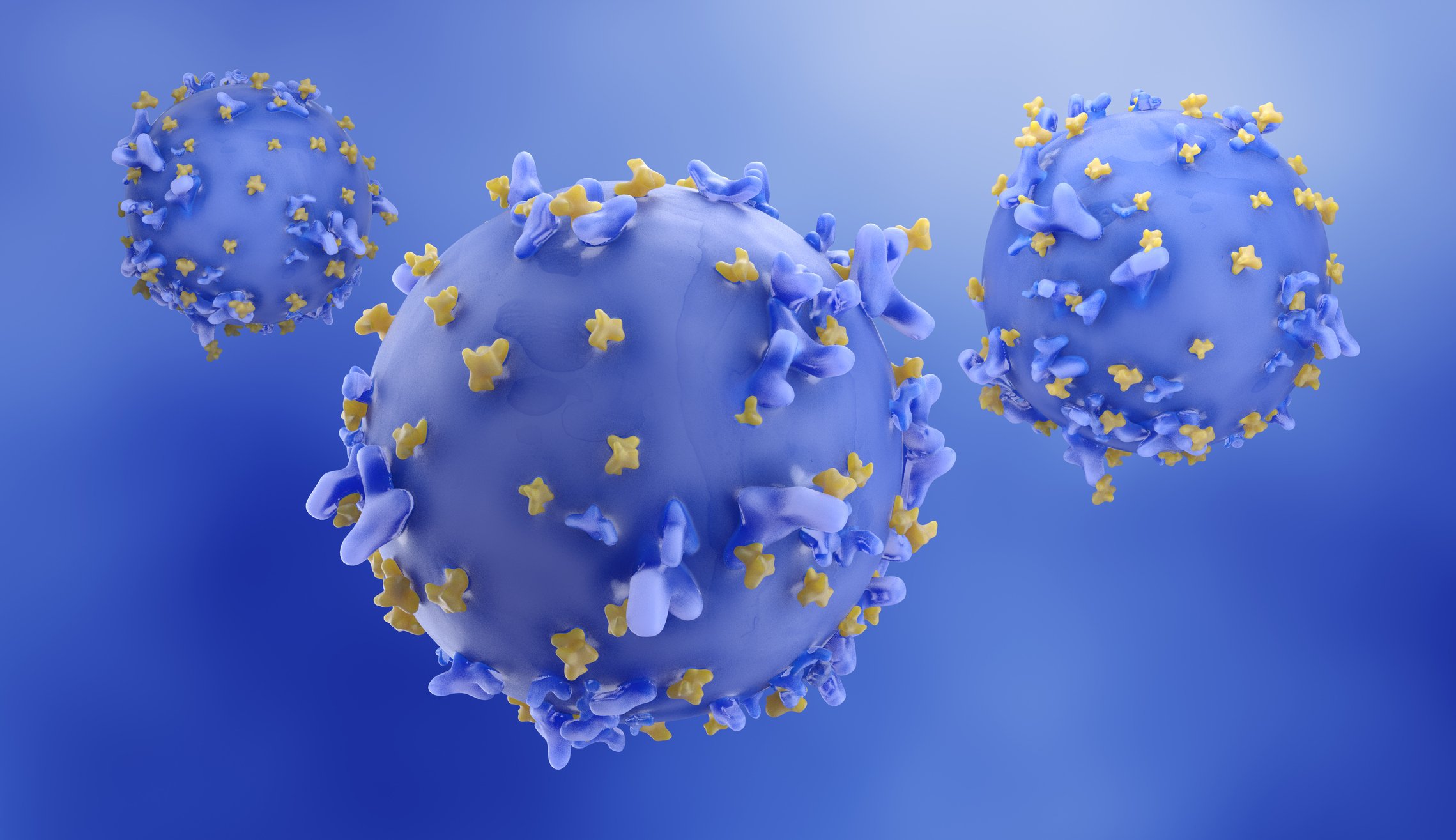Kyverna's CAR-T relapse in lupus dents autoimmune hopes amid biotech gold rush
17 Jun 2024
Cell TherapyImmunotherapyClinical ResultClinical Study

Preview
Source: FierceBiotech
While one patient in Kyverna Therapeutics' trial relapsed, another has been disease- and treatment-free for a year.
The “remarkable” success of chimeric antigen receptor T-cell therapy (CAR-T) in lupus has led to a gold rush as cell therapy companies shift their focus from oncology to immunology. But a new relapse in a clinical trial may dim the strategy’s glow, at least in the eyes of investors.
A patient with lupus nephritis in a phase 1/2 clinical trial of Kyverna Therapeutics’ CAR-T therapeutic for autoimmune disease, KYV-101, has relapsed after five months despite initially responding, the company disclosed June 14 in a presentation of interim data on 50 subjects given at the EULAR European Congress of Rheumatology 2024 Industry Symposia.
Kyverna's stock fell about 34% on the news, from $14.44 to $9.53, in premarket trading Monday. The relapse is the second one reported for an autoimmune CAR-T therapy. One patient with an autoimmune disease relapsed after treatment in a separate academic trial run by Georg Schett, M.D., whose proof-of-concept studies in patients with lupus kicked off industry excitement about cell therapy’s potential in immunology. Schett is a member of Kyverna’s scientific advisory board.
The results might bode well for a redosable CAR-T therapy like the one currently in development by Cartesian, Uy Ear, vice president of Mizuho, wrote in a June 14 note. While Kyverna’s treatment is based on DNA, Cartesian’s DESCARTES-08 is based on mRNA, so it doesn’t integrate into the genome of T cells. This means patients can be treated with it more than once without the safety risks presented by redosing DNA-based CAR-T therapies.
“We believe these emerging [autoimmune CAR-T] data point to the need for redosing and a safer cell therapy option,” Ear wrote. “Descartes-08 confers distinct advantages—particularly on safety and for redosing, which we believe all CAR-Ts will require.”
Kyverna's full presentation showed that among the first 30 patients to receive the drug, three experienced immune effector cell-associated neurotoxicity syndrome, or ICANS, a potentially dangerous side effect of CAR-T, though none of the reactions were severe. Twenty-six patients had some degree of cytokine release syndrome, a common side effect of CAR-T therapy.
On the other hand, the data also showed that CAR-T cells expanded in all but one of the same group, and the treatment depleted B cells in all of them. So far, 22 patients have seen long-term reductions in autoreactive antibodies or other disease-associated biomarkers; six have had reductions for up to 90 days, and two did not have any reduction, the data showed.
https://omny.fm/shows/the-top-line/a-cell-therapy-reckoning/embed
As for the need for immune-modulating drugs, 11 of the 30 patients have gone without them long-term and 10 for up to 90 days. Nine of the patients did not have a durable response without drugs, the presentation showed.
Kyverna’s first autoimmune patient to receive the treatment has been disease-free for a year with neither adverse effects nor the need for additional drugs. The person’s B cells repopulated by Day 132, according to the presentation.
For more details,please visit the original website
The content of the article does not represent any opinions of Synapse and its affiliated companies. If there is any copyright infringement or error, please contact us, and we will deal with it within 24 hours.
Indications
Targets
-Hot reports
Get started for free today!
Accelerate Strategic R&D decision making with Synapse, PatSnap’s AI-powered Connected Innovation Intelligence Platform Built for Life Sciences Professionals.
Start your data trial now!
Synapse data is also accessible to external entities via APIs or data packages. Leverages most recent intelligence information, enabling fullest potential.




